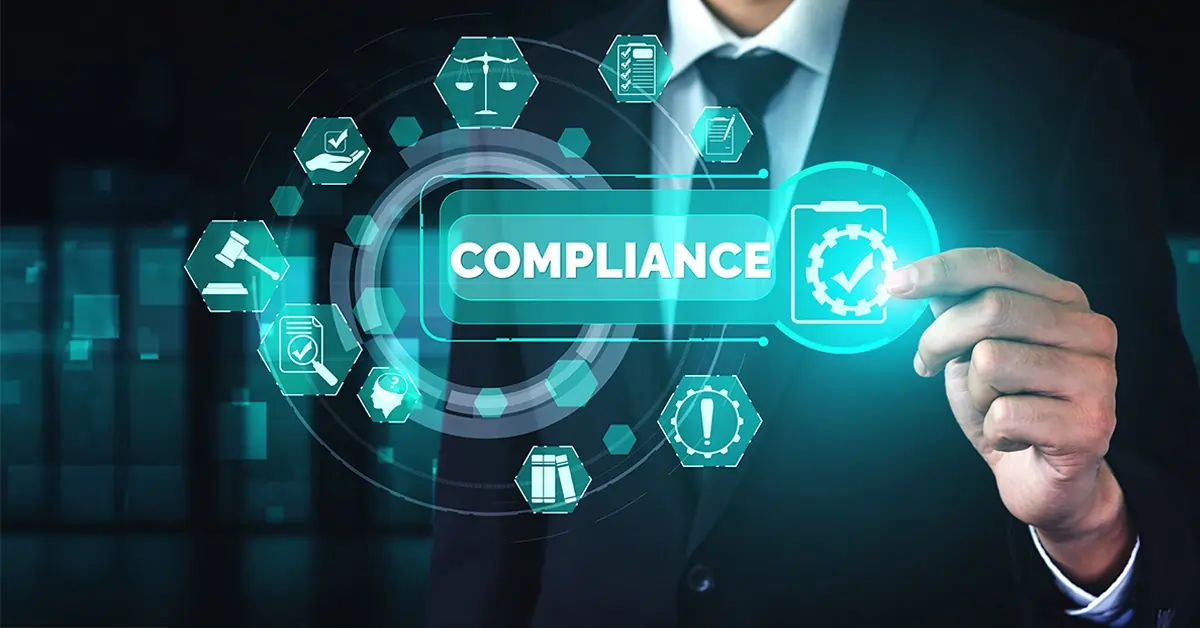- Home
- Call Center
- 2024 Guide to Effective Call Center Training
2024 Guide to Effective Call Center Training

Call center training is not just about answering calls. It is the art of turning queries into satisfaction and complaints into solutions. It is about mastering the delicate balance of empathy and efficiency, ensuring every customer needs to be heard.
This blog will cover everything from the basics of what call center training involves, its importance, practical tips, effective methods, and best practices.
Table of Contents:
- What is Call Center Training
- Why is Call Center Training Important?
- Tips for an Effective Call Center Training
- Methods of Effective Call Center Training
- Best Practices for Call Center Training
What is Call Center Training?
Call center training refers to the process of educating individuals to work effectively in a call center environment.
The main purpose of call center training is to ensure that employees have the skills and knowledge needed to address customer inquiries, solve problems, and deliver excellent service. Effective training programs are essential to achieve these goals.
Why is Call Center Training Important?
1. Skill Enhancement:
A well-trained agent can handle customer interactions more efficiently. The number of calls per agent increases significantly when they are aware of the product and trained enough to offer superior customer service.
Proper training also helps agents avoid mistakes and errors, such as providing incorrect information and mishandling a call, and also become more proficient in using call center tools and processes.
2. Effective Resolutions:
Well-trained call center agents are equipped with the skills and knowledge to handle customer queries, complaints, and requests effectively and provide better resolutions to the customers’ problems.
Trained agents are more talented in understanding customer needs, offering appropriate solutions, and resolving issues efficiently.
This leads to a positive customer experience and higher customer satisfaction rates, which is crucial for building customer loyalty and satisfaction.
3. Employee Retention:
Providing training indicates an organization’s investment in an employee’s development and success.
Engaged employees who feel valued are more likely to stay with the company, reducing turnover rates and hiring costs and boosting morale and motivation, leading to higher job satisfaction and lower turnover rates.
4. Conflict Management:
Dealing with upset customers is a common challenge in call centers.
Training equips agents with effective communication and conflict resolution skills, enabling them to handle difficult situations calmly and professionally, thereby reducing conflicts and preserving customer relationships.
5. Brand Perception:
A positive interaction can significantly amplify the perception of a brand.
Agents are often the first point of contact for customers so proper training ensures that agents represent the brand effectively, maintaining a positive brand image.
6. Cost Efficiency:
Investing in training reduces costs associated with employee turnover, repeated errors, and the time taken to handle customer queries inefficiently.
7. Consistency in Service Delivery:
Training ensures that all agents are on the same page regarding company protocols and service standards, leading to a consistent customer service experience.
Tips for an Effective Call Center Training
1. Teach Proper Call Center Etiquette:
Soft skills can be taught to every trainee at a call center. Educating them is important as it will teach agents how to treat the customers in a respectful, friendly manner over the phone, and should never be taken for granted.
2. Teach Problem-Solving and Decision-Making Skills:
To handle complex customer issues independently, agents should be provided with problem-solving and decision-making skills.
Critical thinking should be encouraged, and guidance should be provided on how to assess situations, analyze information, and identify appropriate solutions.
3. Provide Comprehensive Product and Process Training:
Ensure that agents have a thorough understanding of your products, services, and call center processes.
This includes knowledge of frequently asked questions (FAQs), troubleshooting techniques, and how to use call center tools and software effectively.
4. Setting Clear Objectives:
Setting clear objectives involves defining specific, achievable goals that align with the call center’s broader aims. These should be time-bound with clear deadlines. This structured approach ensures the training program effectively equips agents with essential skills.
Methods of Effective Call Center Training
1. Train Regularly
Hosting frequent training sessions helps agents keep themselves current with the latest product information and customer service objectives.
2. Expert Mentorship
Pairing new agents with experienced ones allows them to observe real customer interactions and learn from seasoned professionals, providing practical insights into handling calls effectively, understanding customer behavior, and applying learned skills in real-world situations.
3. Gamify to Motivate
Using rewards and games can motivate agents and make learning more engaging.
4. Learn Flexibly: Anytime, Anywhere
Online training modules allow agents to learn at their own pace and can be a flexible addition to the training program.
5. Mastering Empathetic Communication
Training agents in soft skills such as empathy, patience, and active listening is essential because effective communication is key.
6. Decode Behavior, Deliver Satisfaction
Agents should be trained to understand customer behavior, which provides satisfactory customer service.
To Sum It Up
We can say that effective call center training is essential for developing skilled agents who can handle customer interactions with professionalism and empathy.
It not only enhances agent productivity and customer satisfaction but also represents a positive brand image and reduces operational costs.
Invest in comprehensive training for agents, including technical and soft skills, to ensure consistent service quality, promote employee retention, and build stronger customer relationships. Well-trained agents are crucial for a successful call center.
Related Post
Copyright © gocustomerexperience.com. All Rights Reserved.




